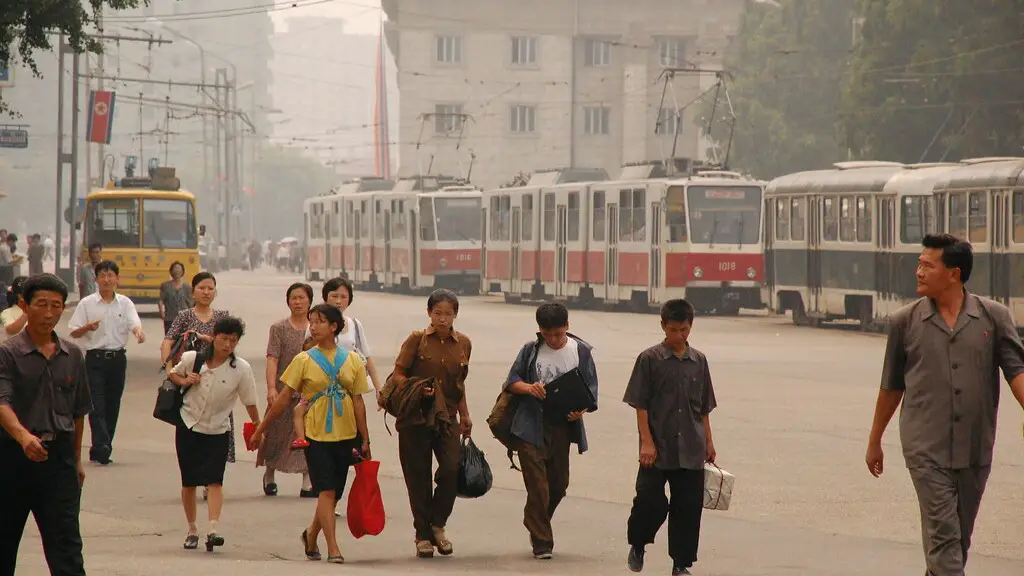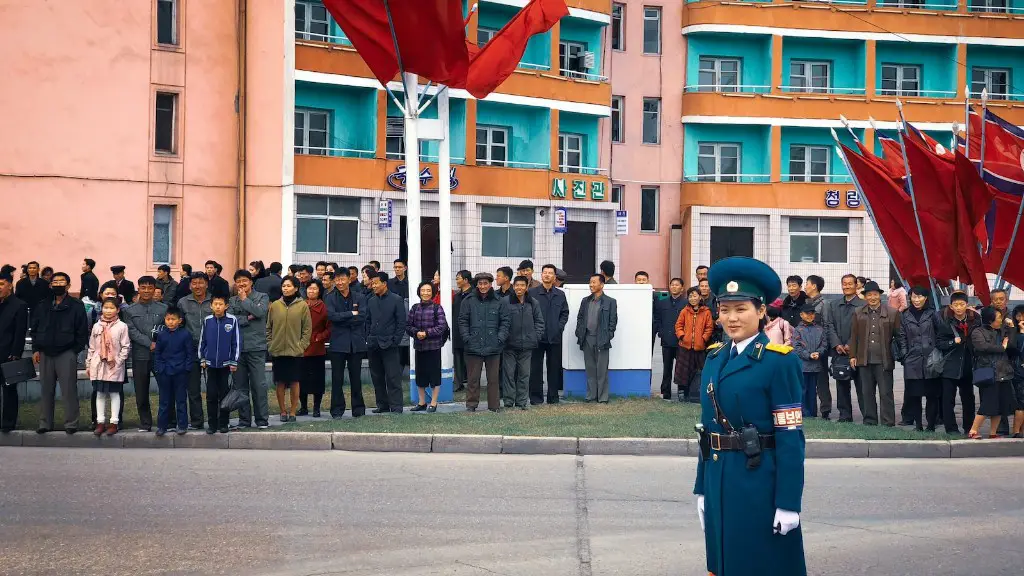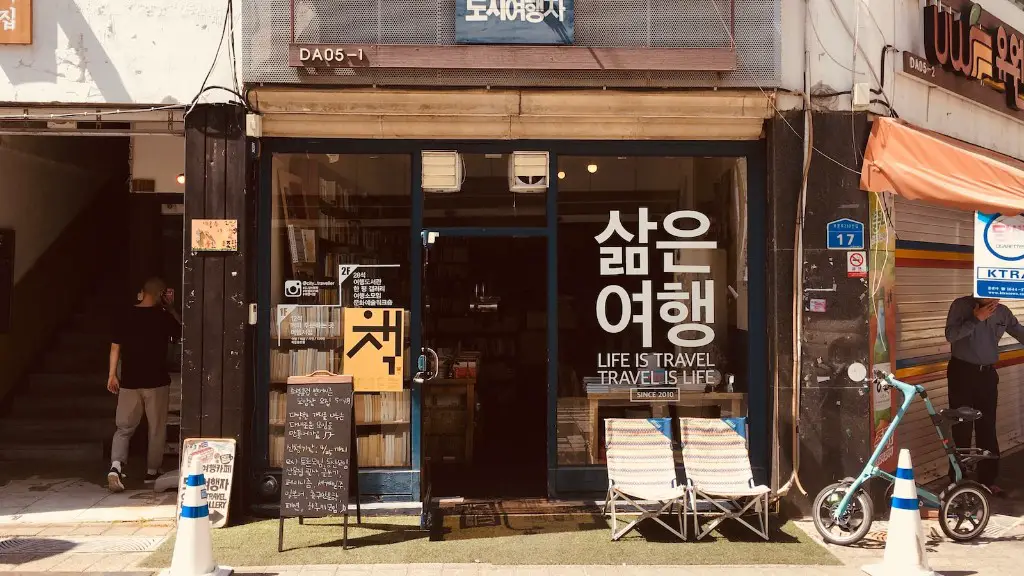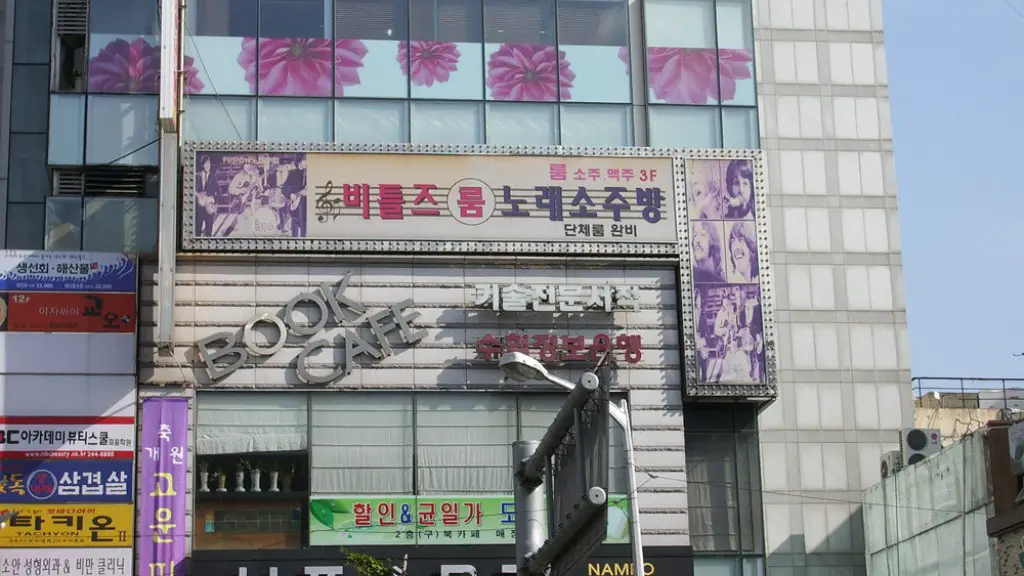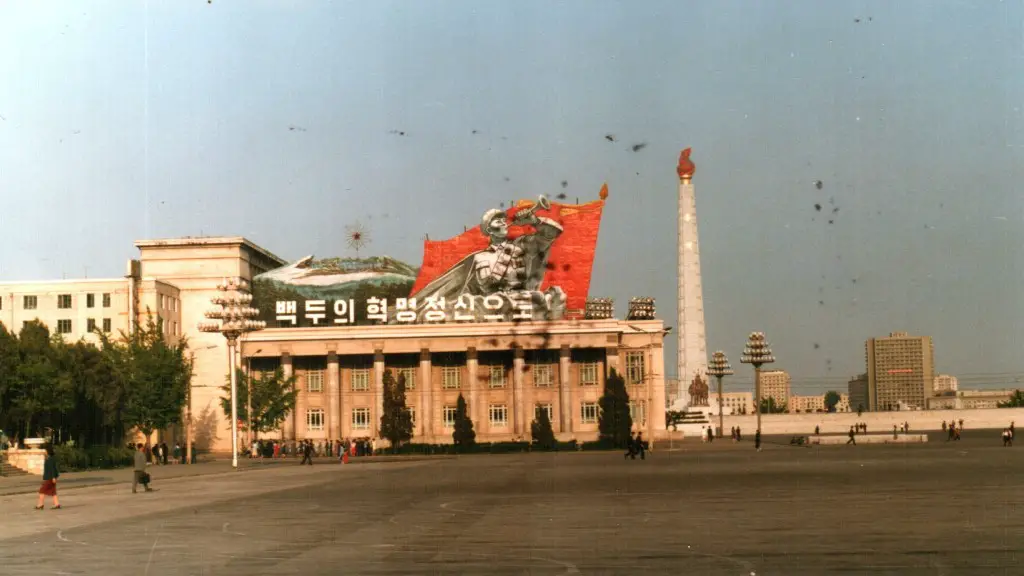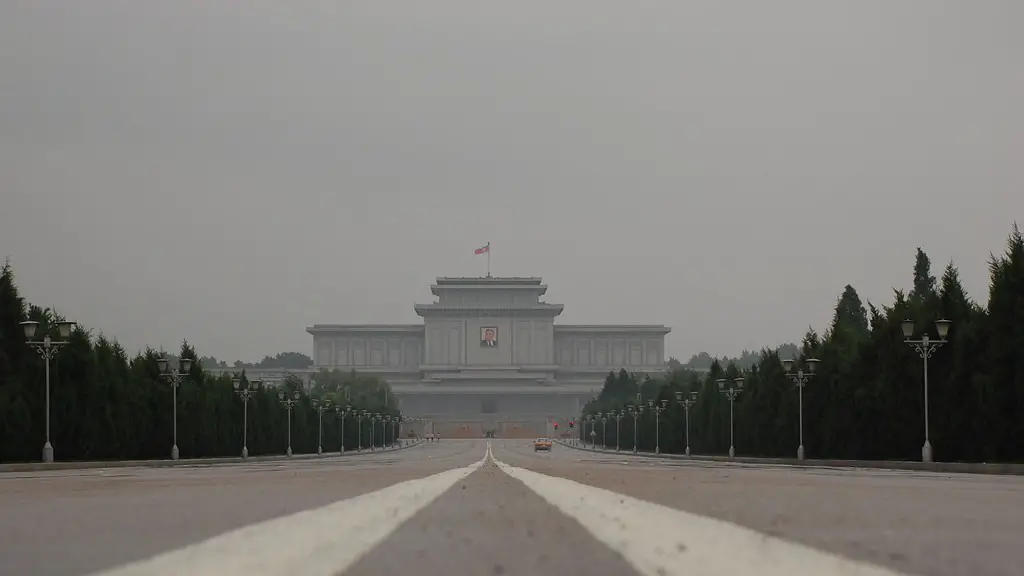The issue of North Korea has long been a troubling one for those in the international community, with ambiguity and uncertainty often prevailing in the face of an enigmatic, opaque country. North Korea is a state that has been isolated for a long time, with ideological disputes and political tensions lying at the core of the country’s culture and daily life. This being said, the rise of Kim Jong-un as supreme leader and international relations through the United Nations has more recently allowed the prospect of negotiations and greater international engagement. The potential of diplomatic dialogue is complex, however, and any attempt to solve the grave issues facing North Korea requires a multifaceted, methodical approach from all sides.
At the core of the North Korean crisis lie a number of repeated facts and discrepancies that each contribute to the potent cocktail of crisis: the outstanding human rights abuses, the nuclear weapons development programme and increasing militarization, and the state’s heavy isolation from the outside world, to name a few. The situation is further exacerbated by the presence of sanctions and political manoeuvring from a number of extra-regional actors, most notably the US and China. These issues are further complicated by North Korea’s own ideological postures, its commitment to self-sufficiency, and the authoritarian leadership that continues to pervade the region. All of these factors have led to a situation where North Korea remains largely isolated and unforgiving in its outlook and approach to wider international conditions.
Given the intense nature of the quandary, tackling it presents a considerable challenge. According to experts in the field, the best way to start is to work through established channels of communication. North Korea has indicated its unity to negotiate in good faith; this is one small way in which dialogue can be started. Many suggest that the US and the United Nations must work together to ease pressure on North Korea and encourage them to enter into the negotiations. Moderators and experts will be needed to facilitate any effort to provide education on the various issues facing the region and build trust between the parties.
Another means of attempting to solve the problem is to involve the North Korean people in the decision-making process. By providing the necessary education, resources and support, the people can be empowered to understand the complex atmosphere of the region and become more informed and engaged citizens in the process. This engagement should also be extended to the media and engage civil society with education and dialogue programs. Such an approach has proven successful in a number of international disputes and gives potentially valuable insight into the internal state of North Korea.
The international community must also understand the reality of recent history in the region. Many of the issues facing North Korea stem from the Korean War, which effectively left the Korean peninsula divided and raised a number of social, political and security issues. Many of the issues must be settled through rigorous empirical and diplomatic research, but with the current high level of mistrust and tension, this presents itself as a complex task.
In order to solve the problem of North Korea, the international community must take an uncompromising approach, displaying an unwillingness to deviate from its stance on the key factors in the crisis. It is clear that the role of North Korea in regional and global security is of paramount importance and the current atmosphere prevails due to a lack of understanding and trust between the players. This can be breached through a number of measures, such as developing trust-building measures, the implementation of further channels to mediate dialogue, and a commitment to the North Korean people’s right to self-determination.
The US Role
The US, being a major world power, needs to be at the centre of negotiations. Much of the tension in the Korean peninsula stems from the long-term involvement of the US in the state, from when it first became part, fiscally and militarily, in the Korean War and subsequent ideological stand-offs that went on for decades. This has left an underlying animosity between the US and North Korea and these must be addressed in order for diplomatic efforts to be successful. The US has a special role in providing resources, security and confidence in order to open up the dialogue and unify the two sides, and it can offer much in terms of trade agreements, technology transfer and humanitarian aid, along with dropping sanctions that are currently in place.
The US will also need a clearly articulated, agreed-upon strategy that it can take to the table in negotiations. This must be focused on the long-term stability, security and prosperity of the region, and should be combined with an effective strategic review in order to identify any immediate and foreseeable actions that could undermine negotiations. This may require the US to remain flexible in its approach and be willing to think outside the box in order to alleviate any suspicion or mistrust.
In addition, the US must also find a way to bridge the gap between its current stance and the position taken by North Korea. Much of the current tension revolves around the US’s desire to contain North Korea’s nuclear programme and its own geopolitical positioning. This must be balanced through more intensive one-on-one cooperation and exchanges between the two states, with the aim of providing greater support and understanding.
China and the North East Asian Region
China will also be a critical component of any resolution and their actions thus far suggest that they are willing to play a very active role in the Korean crisis. Being a major player in the region, China holds great influence over the North Korean state and the international community must ensure that any effort to resolve this crisis takes into account the role of China. This role needs to be transparent and collaborative in nature, with the Chinese government working in partnership with other states to actively cooperate with diplomatic initiatives aimed at resolving the ongoing tensions.
Moreover, the recent thawing of Beijing’s relations with Pyongyang presents an opportunity for an enhanced regional engagement between the two countries. This new dialogue presents a window through which the international community can cooperate to alleviate the tensions that have been simmering in the region. Improving regional ties between North Korea, South Korea, China and other East Asian states may well pave the way for a peaceful resolution to be achieved sooner rather than later.
The Role of South Korea
South Korea also has a very important role to play in any diplomatic effort. As the closest neighbor to North Korea, South Korea has an intimate knowledge of the nature and dynamics of the North Korean state. This is why it is important that South Korea has been actively striving to create a new dialogue ever since its engagement with the North in 2018. This dialogue has been based on a number of issues, such as economic and energy cooperation, disarmament, human rights and democracy.
South Korea should also remain flexible in its approach to the matter. Ratcheting up the pressure on North Korean leaders is a counterproductive strategy in the long run and could derail any chance of success. Creating a climate of trust from both sides is vital in order to form the basis for sustainable dialogue. South Korea could use its direct channels of communication to the North to ensure that the most pressing issues are addressed in a timely manner and that the negotiations proceed in a fair and orderly fashion.
Additionally, South Korea must be mindful of its own security concerns and the need to protect its own citizens. North Korea still maintains a large military presence, and any reckless move could easily lead to war. For this reason, South Korea should focus on working through diplomatic channels and approach any negotiations without preconceived ideas of what to expect of the other side. This includes being mindful of the expectations placed on the North, while remaining open to any potential advances from the state.
United Nations Engagement
The United Nations also has a role to play in the resolution of the North Korean crisis. The UN has a proven record in managing matters of international security and can offer a number of helpful tools in facilitating the diplomatic process. These tools range from providing technical assistance, mediation and preventive diplomacy initiatives to managing and verifying agreements. This can promote both compliance with international law and a sense of ownership in the process for all parties.
The UN has also been at the forefront of crafting resolutions to address human rights violations and other crimes in North Korea. This is a part of the global effort to improve the lives and dignity of the North Korean people and to ensure that their fundamental rights are respected. The UN’s efforts, combined with robust international monitoring, can help ensure a secure environment in which a resolution of the crisis can be sought.
Accompanying this, the UN must ensure that its peacekeepers in the region can provide timely aid in the event of any military escalations. The UN has a range of relief aid programmes in operation and can work closely with regional actors to help tackle the root causes of the crisis. In addition, the UN can act as a mediator between the two sides, leveraging its expertise and experience in conflict management and resolution. This can go a long way in helping the two sides engage in further dialogue, with a view to reaching a long-term peaceful settlement.
The Way Forward
Most importantly, the international community needs to take a united approach to bring resolution to the crisis. All actors should be willing to cooperate and work together in the spirit of peace and security. An openness to constructive dialogue and a willingness to compromise are key to any successful resolution, and the international community must demonstrate a commitment to peaceful solutions.
The most effective measures that can be taken are those that reach out to the North Korean people, providing assistance and education on a number of topics such as human rights, nuclear proliferation and international cooperation. By providing the necessary tools with which the people can make their opinions heard and engage with the wider world, both the international community and North Korea can gain the insight necessary for a sustainable resolution.
Despite the complexity of the situation, there is still hope for a brighter future. With concerted effort, skillful negotiation and a commitment to using diplomatic channels, a peaceful resolution may yet be achieved.
